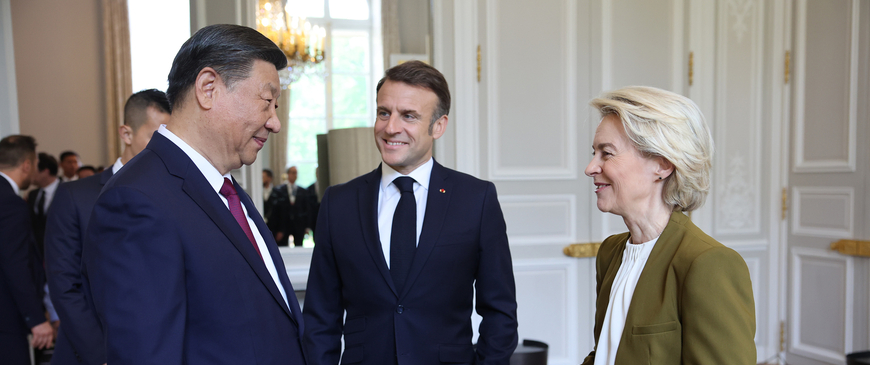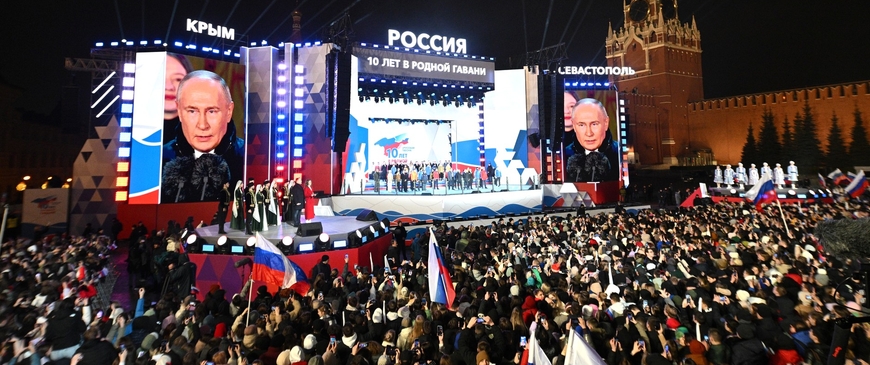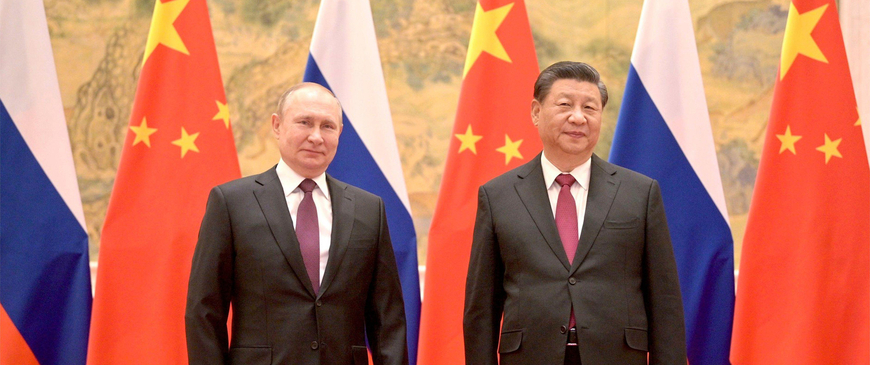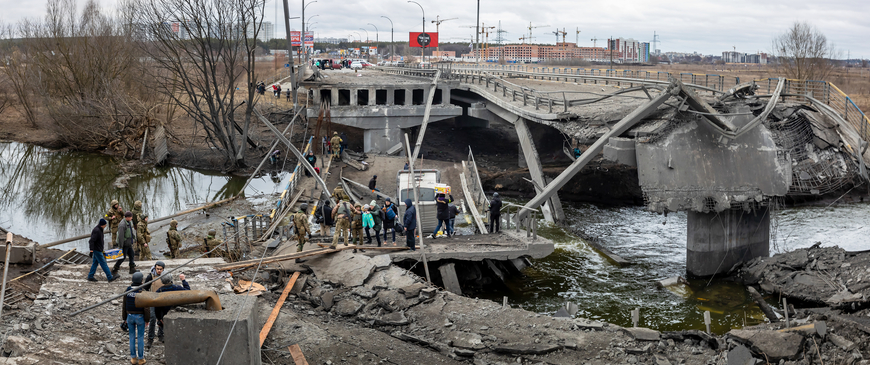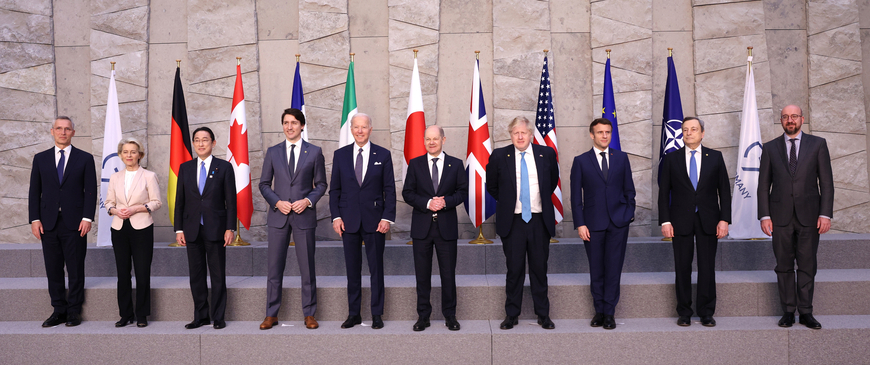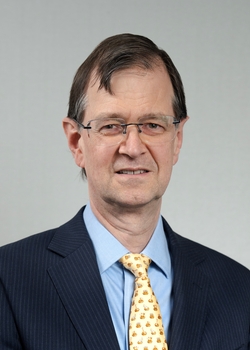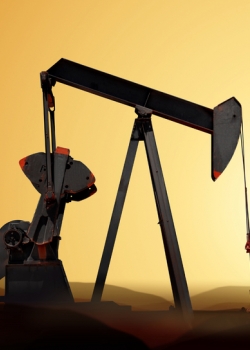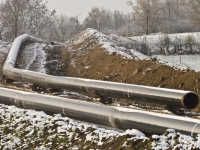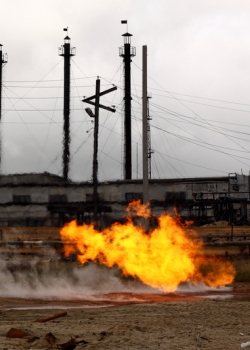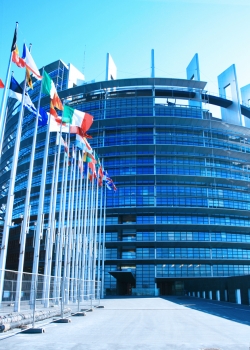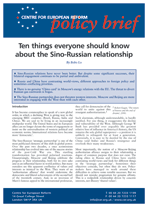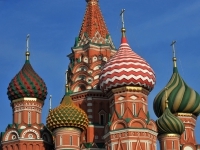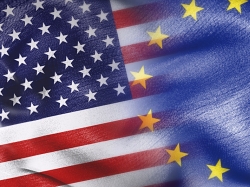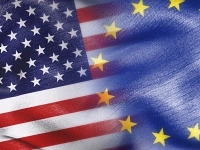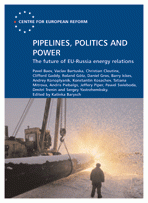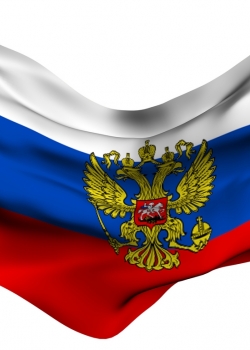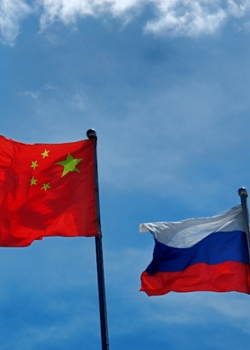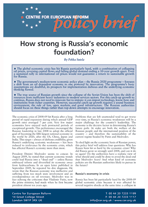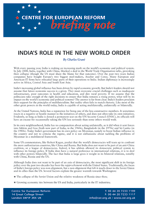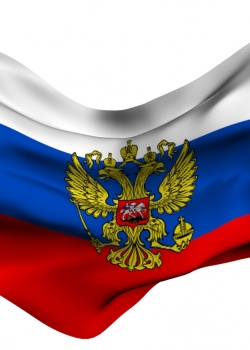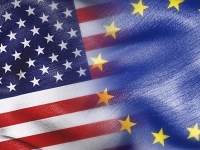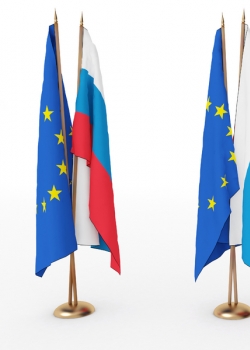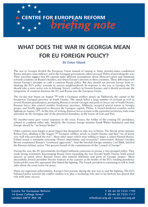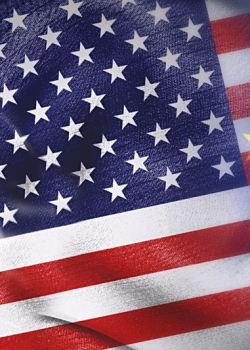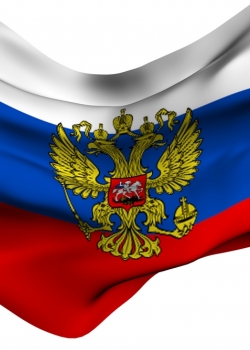China & Russia
Why global energy markets need governing
02 February 2009
After a year of upheaval it may seem perverse to take the world’s financial system as a model for anything – least of all for governance.
After the gas conflict
23 January 2009
On January 20th, Russian gas started flowing again through Ukraine, after a two-week shut-down that had left people in South East Europe freezing and factories idle. The relief across Europe was palpable but the confusion about what happened is still there.First, both Russia and Ukraine said that the dispute was about money that Naftogaz, the Ukrainian gas company, owed to Russia’s monopoly Gazprom for last year’s deliveries. Then it was about the price the Ukrainians should pay in 2009 for the Russian (or Turkmen) gas that it uses domestically. ...
Just another gas crisis?
07 January 2009
Russia has cut off the gas flowing to and through Ukraine – again. Like in January 2006, Moscow and Kyiv are blaming each other, while a convoluted mix of political intrigues, shady middlemen and broken contracts makes it almost impossible for outsiders to ascertain which side is at fault. But the current interruption in gas supplies to Europe is different in many ways from that three years ago.
The EU's fleeting chance for global leadership
01 December 2008
The economic crisis offers unprecedented opportunities for reforming global rules and institutions. Furthermore, the Obama presidency - which Europeans expect to be less unilateralist than that of George W Bush - will give the EU a chance to work with the US in tackling a host of international problems.
Ten things everyone should know about the Sino-Russian relationship
01 December 2008
Sino-Russian ties are at an historic high. But the relationship remains ambivalent and fraught with mistrust. Moscow and Beijing have different views of the world, contrasting foreign policy approaches, and often competing priorities.
PCA? The EU needs a real Russia debate
24 November 2008
Was the EU right to resume negotiations on a new partnership and co-operation agreement (PCA) with Russia despite Moscow not fully complying with the Georgia ceasefire plan?
What 'Obama effect' for transatlantic relations?
10 November 2008
Europe got the president it wanted on November 4th 2008. Obama will have Europe's goodwill and with it, a window of opportunity to restore transatlantic co-operation on key security issues. The list of common challenges includes, but is not limited to, Afghanistan, Iran and Russia.
Scapegoating the US lets others off too easily
02 October 2008
Huge amounts have been said about the consequences of the credit crunch for the US and UK economies. They undoubtedly face major adjustments, and several years of very weak economic growth.
Pipelines, politics and power: The future of EU-Russia energy relations
01 October 2008
Does the Kremlin use energy as a political weapon? Why is Russia’s oil and gas output stagnating? Can and should the EU try to reduce its dependence on Russian hydrocarbons? Are the EU and Russia engaged in a pipeline war? What does energy solidarity mean? What rules should govern EU-Russia energy relations?
How to handle the new Russia
01 October 2008
The war in Georgia has led to a surge of anti-western sentiment in Russia. The fact that Americans and Europeans broadly sympathised with Georgia – when it was Mikheil Saakashvili’s attempt to take South Ossetia by force that started the war – infuriates many Russians.
Russia, China and the Georgia dimension
01 October 2008
Russia’s relations with the West today are more problematic than at any time since the fall of the Berlin Wall. With talk of a new Cold War and of parallels with the great power rivalries that preceded the First World War, Moscow’s ‘strategic partnership’ with Beijing has been out of...
How strong is Russia's economic foundation?
01 October 2008
Russia's economy is in deep recession. Many Russians hope that rising oil prices will quickly restore the high growth rates their country enjoyed before 2008.
India's role in the new world order
26 September 2008
Few doubt that India's geopolitical role will grow. But what kind of impact will India make on the world's economic and political order?
Issue 62 - 2008
26 September 2008
- How to handle the new Russia, Charles Grant
- Russia, China and the Georgia dimension, Bobo Lo
- Options for EU trade policy, Philip Whyte
Can the next US president heal the transatlantic rift?
19 September 2008
There are two schools of thought on what the election of a new US president will mean for transatlantic relations. The optimists argue that relations will improve significantly.
The EU's toolbox for Russia
15 September 2008
Last week, Russia belatedly signed up to a timetable for pulling back its troops from the ‘buffer’ zone in Georgia. The EU, and its current president, Nicolas Sarkozy, deserve credit for having brokered the initial ceasefire and then pushing hard for Russia to follow the terms. The important question now is how the EU will respond in case tensions do not ease, or even grow further.
What does the war in Georgia mean for EU foreign policy?
15 August 2008
The war in Georgia divided the European Union instead of uniting it. Some member-states condemned Russia and gave (non-military) aid to the Georgian government; others accused Tbilisi of provoking the war.
The next US president should forget the League of Democracies
01 August 2008
Expectations of a transatlantic honeymoon after the US presidential election are absurdly high. Most Europeans are enjoying the giddy delights of Obamamania, while also thinking that John McCain would do a lot better than the despised George W Bush.
Issue 61 - 2008
25 July 2008
- Three scenarios for the Lisbon treaty, Charles Grant
- A new European mercantilism?, Simon Tilford
- The next US president should forget the League of Democracies, David Hannay
Russia and the multipolar myth
04 July 2008
I attended a curious conference the other week in Moscow. It was a posh event with a stellar cast and the grand, even pompous, title of ‘Forging common futures in a multipolar world’.

